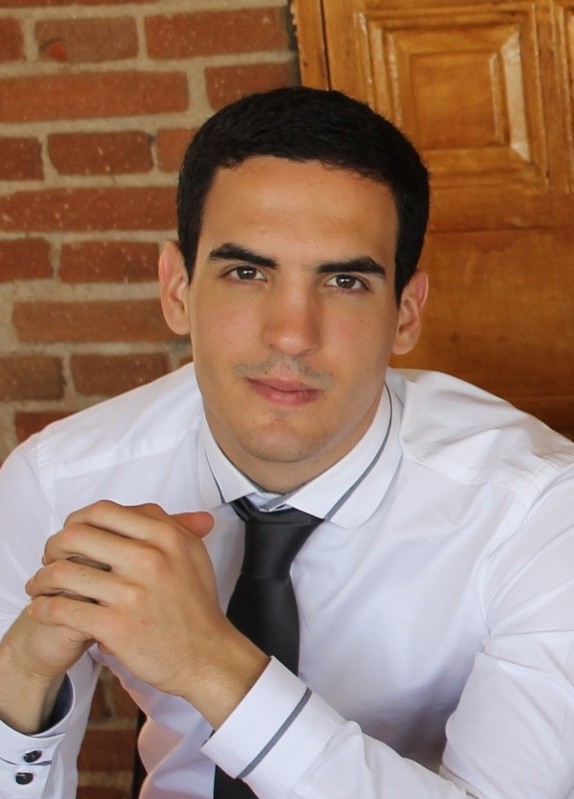Sergio Muñoz
Assistant Professor at Universidad Politécnica de Madrid
The vast and ever-expanding digital landscape presents significant challenges for users striving to navigate and discern accurate information. This challenge is compounded by the dynamic nature of the Internet, characterized by attention-seeking strategies intended to exploit users’ unconscious emotional responses. This affects the credibility of information and increases the dissemination of misinformation, posing significant challenges for individuals seeking accurate and trustworthy information. This complex landscape has boosted the need for innovative solutions that enhance users’ comprehension of social or affective values present in digital content. While sentiment analysis offers valuable insights into the emotional and social dimensions of digital content, seamlessly integrating these technologies into user-centric interfaces remains paramount for effective engagement and interaction.
Keywords: social agents; affective regulation; digital content; trust fostering; affective engagement
Scientific area: Artificial Intelligence/Human-Robot Interaction
Bio: Sergio Muñoz works as an Assistant Professor in the Department of Telematic Systems Engineering at Universidad Politécnica de Madrid. As a member of the Intelligent Systems Group in this department, he has been actively involved in both research and teaching over the past years. His research interests focus on leveraging artificial intelligence to enhance emotional and mental well-being, particularly in the context of detecting and preventing mental illness. Sergio did his PhD thesis on this field and has experience in the application of affective computing to the recognition and regulation of psychological conditions.The outcomes of his research efforts have led to the publication of a total of eight articles in JCR-indexed journals. His dedication to mental health research is also underscored by active participation in various national and international research projects, contributing to the broader understanding and advancements in the field.
Visiting period: 08 April 2024 – 08 July 2024 at Instituto Superior Técnico
